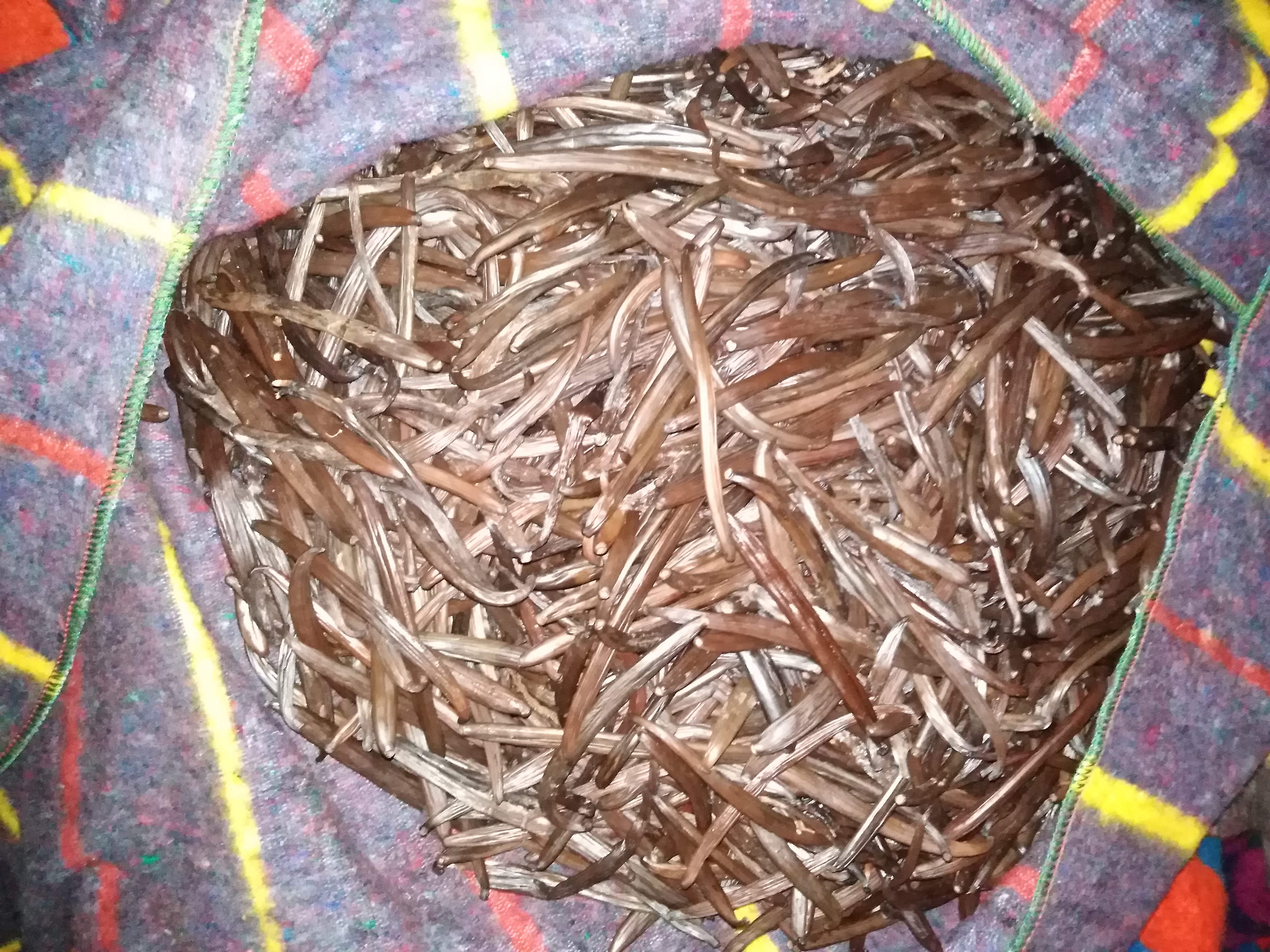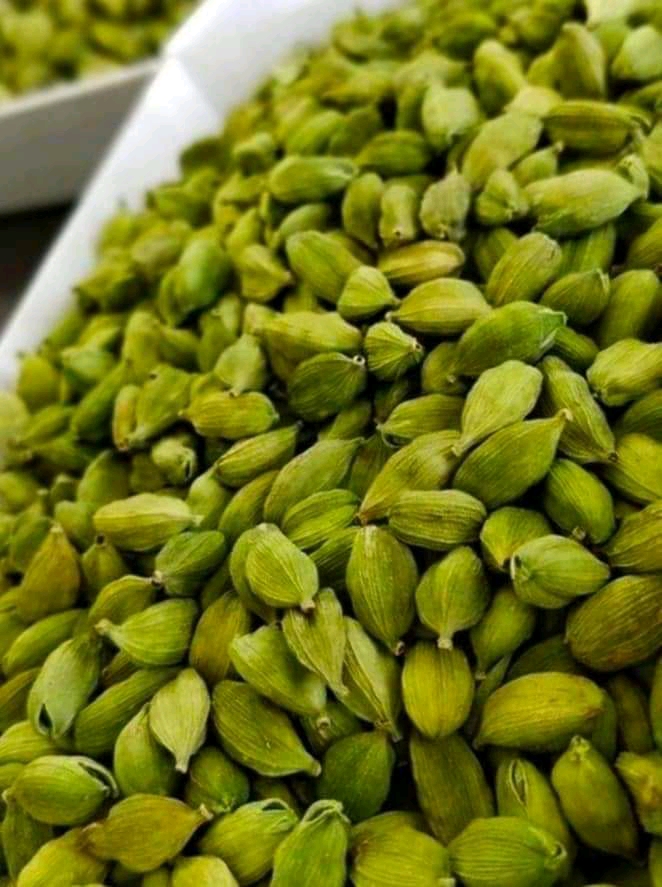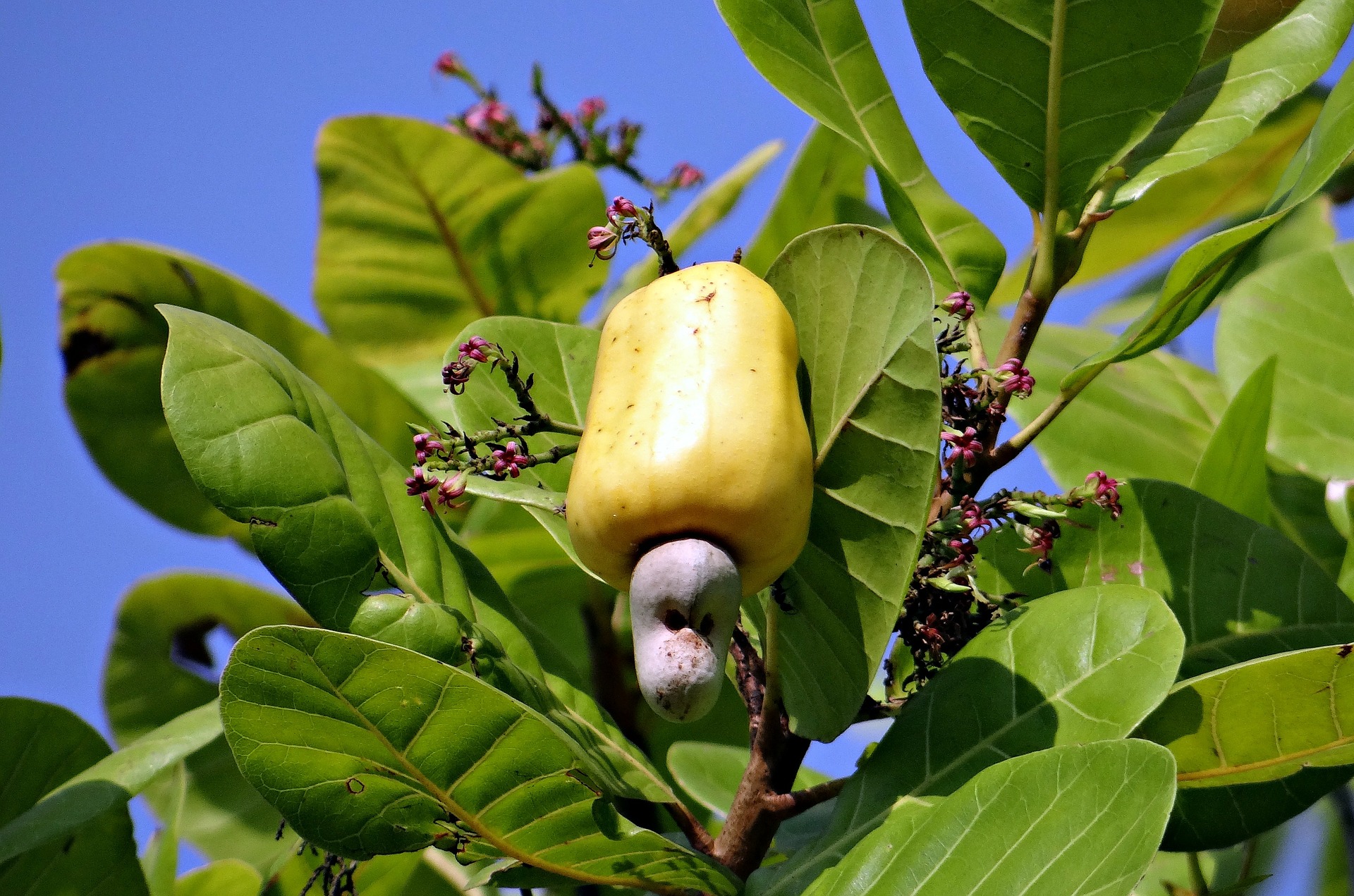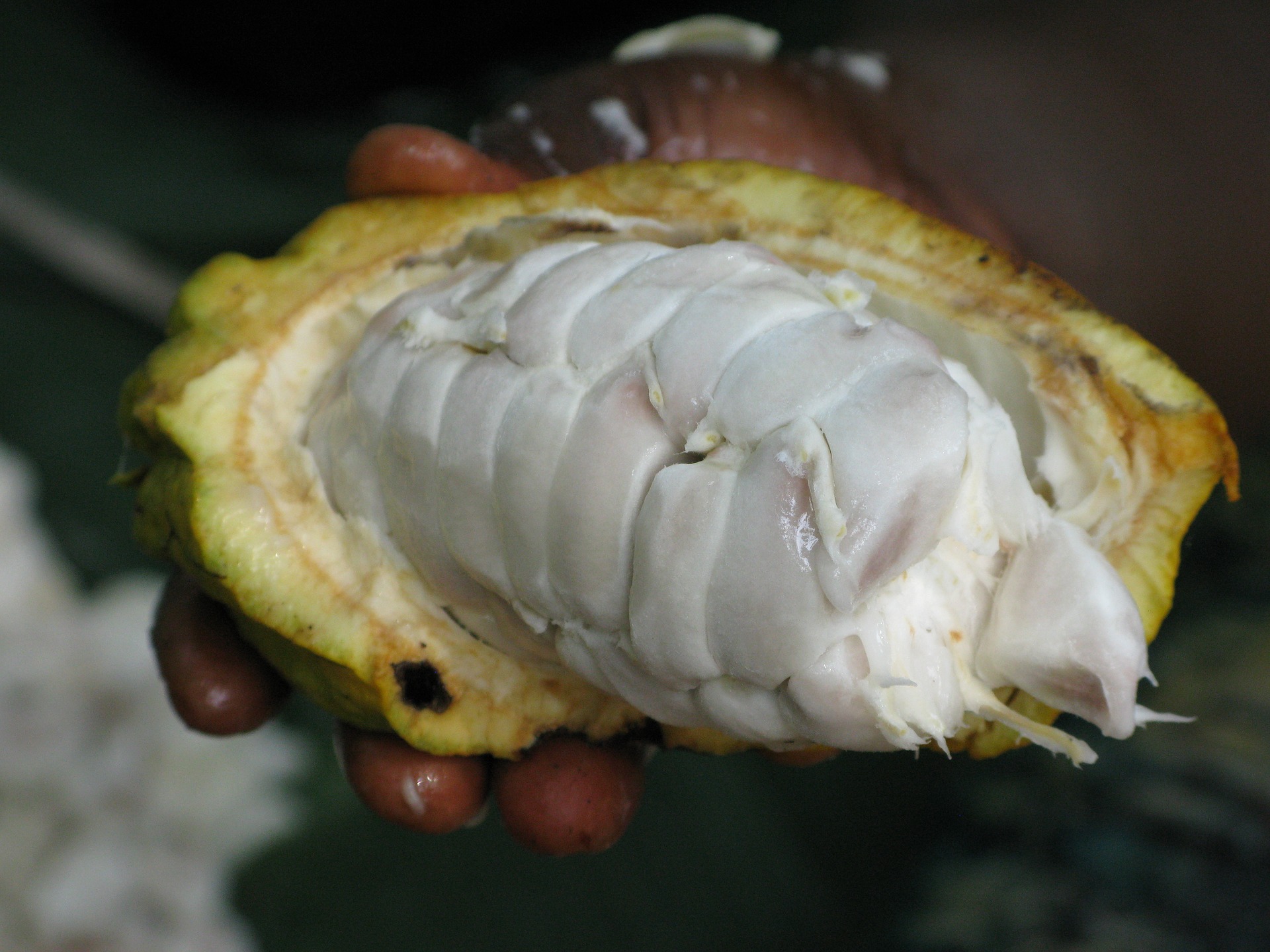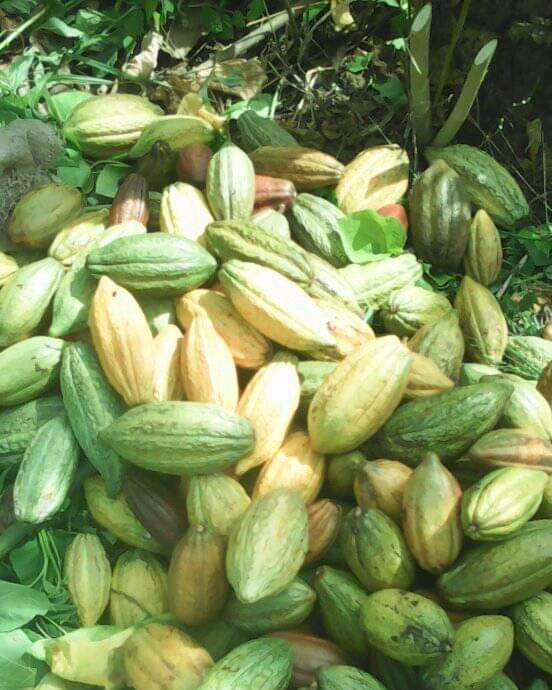Coffee Nutrition For Robusta Coffee Plants In Uganda
by E-mail: info@flawlessconsultsug.org
(Call or Whatsapp: +256-772 238575/ +256-704644402)

deficient coffee plants.
Coffee quantity produced per unit area improves significantly when soils are well managed for optimum fertility. Fertilizer application can increase yields of Robusta Coffee from the average current of 1 Metric Tonne up to 3 Metric Tonnes of FAQ per hectare per year.
In addition, fertilizer application improves plant’s resistance to diseases, tolerance to drought and leads to better quality of coffee beans. Therefore continuous soil management for high levels of fertility is key to achieving the best, particularly when combined with other good management practices. Plant nutrients are classified into two categories as macro-nutrients and micro-nutrients.
Importance of Macro-nutrients Robusta to Coffee plants in Uganda
Macro-nutrients are nutrients required by the plant in large quantities. They mainly include Nitrogen, Phosphorus and Potassium. Robusta coffee too needs these nutrients and we are going to share them with you so that you know them and may be apply them in your robusta coffee garden. So, let’s get started;
Nitrogen
Nitrogen is necessary for vegetative growth. It increases tree-bearing capacity and enhances coffee bean size.
Phosphorus
Phosphorus is necessary for root development, promotion of early berry maturity and increases bean density.
Potassium
Potassium is necessary for berry development and ripening, enhanced mucilage formation, promotion of healing injured tissue especially after picking, pruning and hailstorm damage and regulation of water uptake from the soil.
Visual Nutrient Deficiency Identification On Robusta Coffee
In addition to soil and leaf testing, nutrient deficiency can be diagnosed by visual appearance of the coffee plant. However, some symptoms such as tip burns, chlorosis or necrosis, which are characteristic of some nutrient deficiencies, may also be as a result of other stresses such as herbicide scotch, weeds, diseases and pest damage. For proper diagnosis, farmers are advised to consult their extension workers.
Importance of Micro-nutrients to Coffee plants in Uganda
These are nutrients required by the plant in small quantities. Plant micro-nutrients include Zinc, Boron, Iron, Sulphur, Magnesium, calcium Copper, Manganese, Molybdenum and Chlorine. Let’s look at each of them as well. It’s very important you get to know more about them.
Zinc is re-known for boosting flower initiation and formation, enhanced fruit set and leaf size and sets the inter-nodal spacing on the branch and the stem.
Boron promotes shoot and root growth, facilitates flower fertilization by facilitating pollen germination through the stigma to the ovary. Consequently, it facilitates optimal flowering and fruit set, facilitates protein production and regulates uptake of water from the soil together with potassium.
Iron helps in the production of chlorophyll, which is required in food formation, promotes bean colour and together with copper, iron facilitates energy transfer during food manufacture.
Magnesium is major constituent of chlorophyll, which facilitates the making of plant food, which enhances bean colour (the bluish green colour of the beans) and initiation of root formation.
Calcium is necessary for growth of terminal buds and flower formation and plays a key role in bark formation. It also facilitates root and apical growth, while directing the overall movements of nutrients uptake.
Sulphur is an important nutrient for plant growth, disease resistance, seed production and protein synthesis.
Manganese helps in photosynthesis and manufacturing enzymes.
Molybdenum helps in nitrogen metabolism.
Chlorine works in form of a chloride, it helps in photosynthesis, gas exchange and water balance.
Join in and write your own page! It's easy to do. How? Simply click here to return to Uganda Coffee.
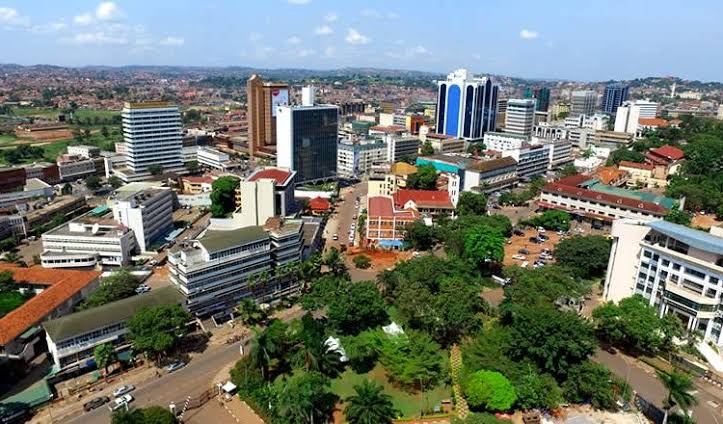 Aerial View Of Kampala City
Aerial View Of Kampala City Buy A 140K Grader In Uganda
Buy A 140K Grader In UgandaFor inquiries or Orders:
Contact Us On:-
E-mail: Info@flawlessconsultsug.org
Or
Call/Whatsapp Us on: +256-772 238575



